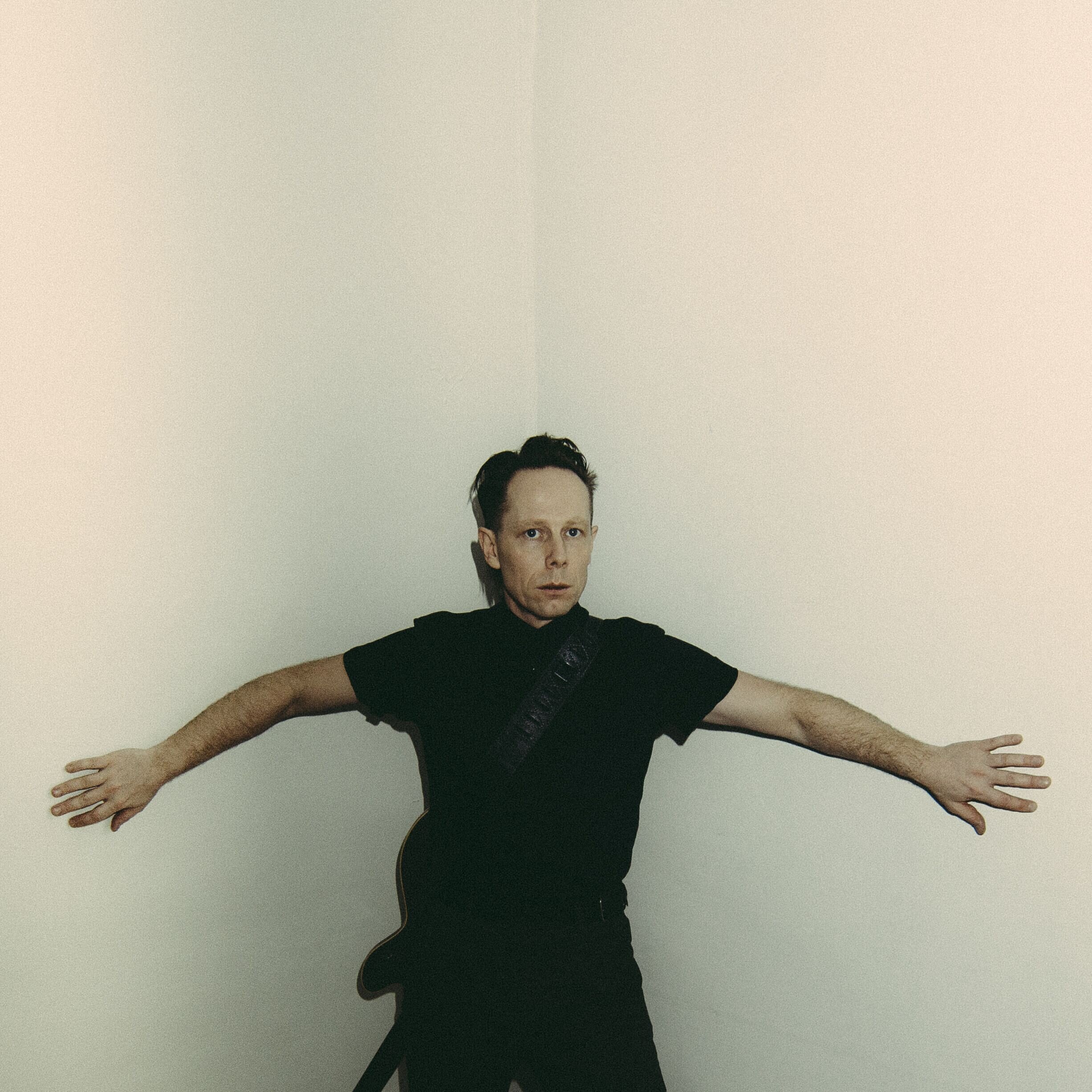Trupa Trupa are one of the most earnest and hard-working bands currently working. It’s no wonder frontman Grzegorz Kwiatkowski is an avowed Werner Herzog fan; after all, he’s heading a band who are practicing acolytes of the German director’s artistic aspirationalism.
This EP’s opening track, ‘Fitzcarraldo’, takes its name from the Herzog film which most clearly embodies this attitude—the story of a visionary who, against accusations of folly, hauls his steamer over a steep Peruvian hill to clear a meander in the Amazon river. It’s a film which explores ambition’s many costs, but overall champions the supreme value of integrity and vision. Trupa Trupa strive in Fitzcarraldo’s uncompromising, unapologetic shadow. On this track they make a similar glittering bid for ascension. We climb the hill with them, near wordless, dragging the dirge of a bad day behind.
It’s a newly warm sound for the band—the shimmer and the intimacy of recordings shines through in unprecedented clarity. ‘End of the Line’ feels devotional—even romantic—and positions a ceaseless chant of its title as a promise, rather than a curse. We are directed to focus on the pleasure of the journey, to fuzz and forget the finality of our destination.
‘Invisible Door’ is a psychedelic romp, even going so far as to incorporate flanged vocals and a flute line. It’s not pastiche, though, incorporating these potentially goofy elements with distinction and tact. It’s got the same energy as when Fever Ray whipped out the panpipes on her self-titled debut album. It’s a luminous track, dappled by a canopy of punchy bass; something altogether more sincere than the glorified car-advert-music of “expensive sounding” neo-psych posers like Tame Impala.
‘I’ll Find’ rounds things off—a Neu!-style jam which retains its peers’ warmth but injects the EP with grand scale. It’s a shimmer of sweet drones, melding in harmonies; a lush convoy which briefly passes light through a bleak evening. This sensory rush is I’ll Find in a microcosm: a beautiful, bewildering visit from silent strangers. I’ll Find is Trupa Trupa’s least lyrical release—but it’s also one of their most poetic.
I’ll Find is available for purchase and streaming here.
Words: Andrew O’Keefe





